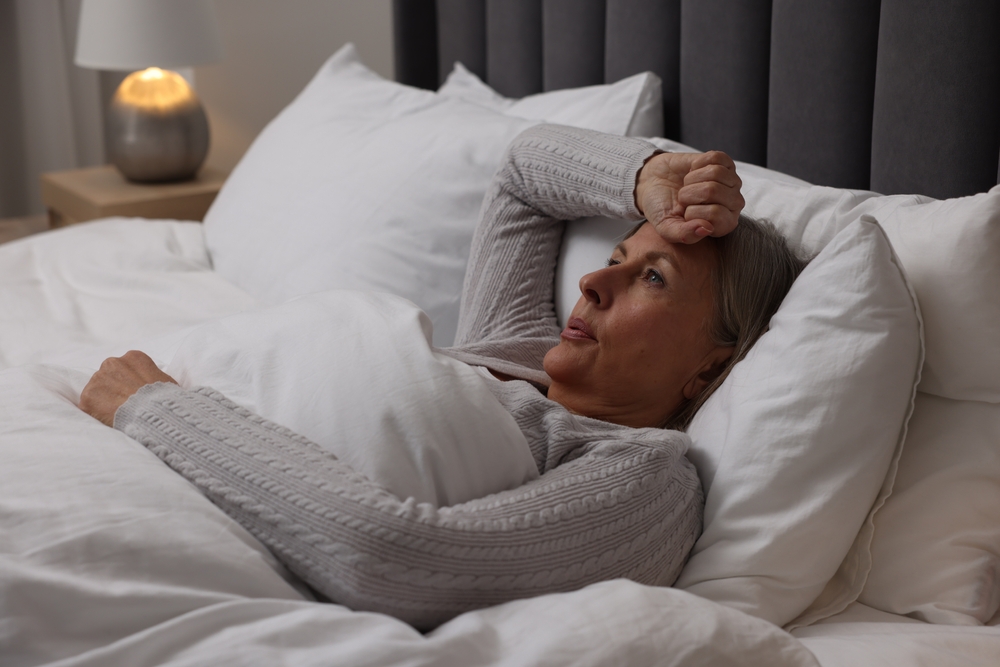Our bodies aren’t built to digest at night. Instead of focusing on rest and repair, your system is forced to digest, leading to more wake-ups and less restorative sleep.
Others are reading now
Nearly half of Australian adults report experiencing at least two sleep-related issues. With sleeplessness so widespread, many are turning to their plates in search of rest.
But navigating the sea of sleep-diet advice online can be overwhelming, and often contradictory.
Don’t Eat Right Before Bed
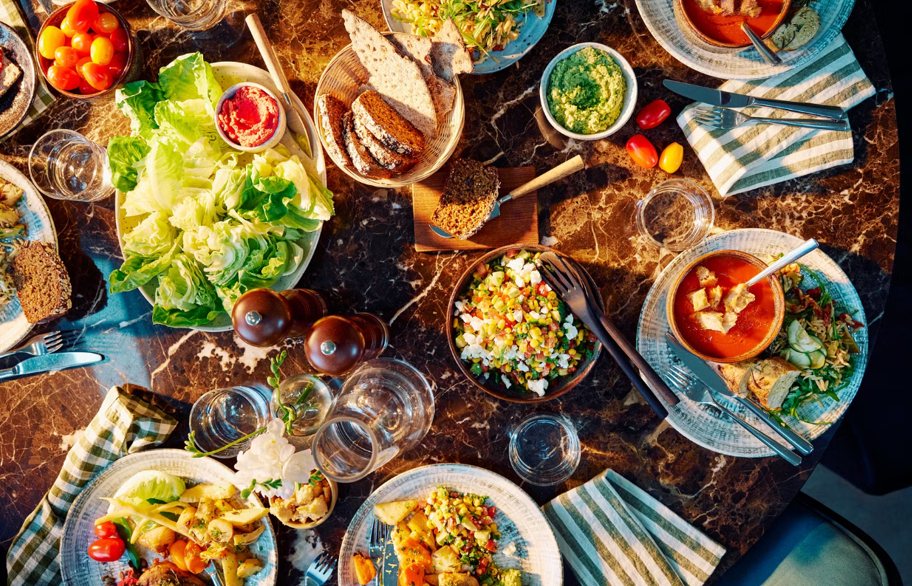
According to Dr Charlotte Gupta, a research psychologist at CQUniversity in Adelaide, eating too close to bedtime disrupts sleep.
Our bodies aren’t built to digest at night. Instead of focusing on rest and repair, your system is forced to digest, leading to more wake-ups and less restorative sleep.
Two-Hour Rule Before Bed
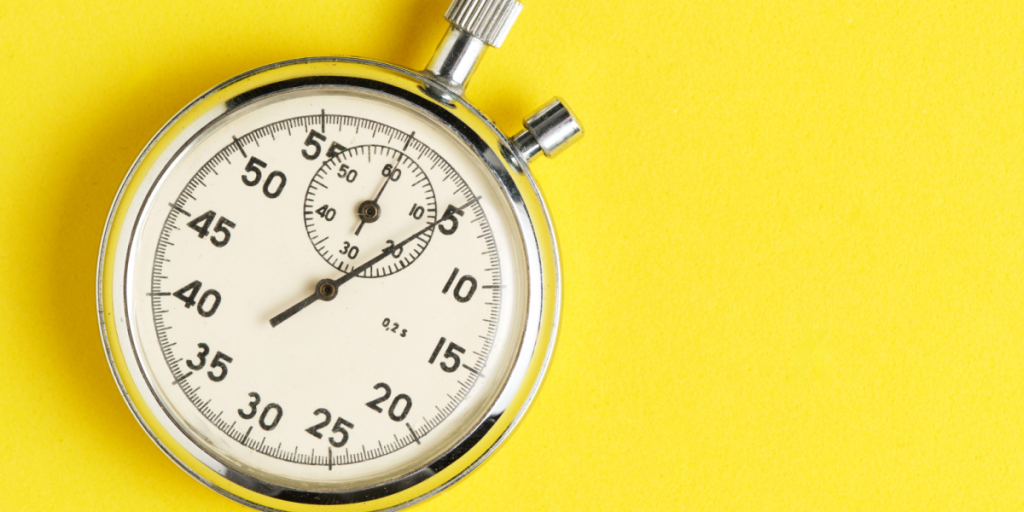
Gupta recommends finishing your last meal at least two hours before heading to bed.
Also read
That means skipping those late-night fridge raids and saying no to leftover pudding. Giving your body time to settle helps set the stage for better rest.
Dinner Size Matters
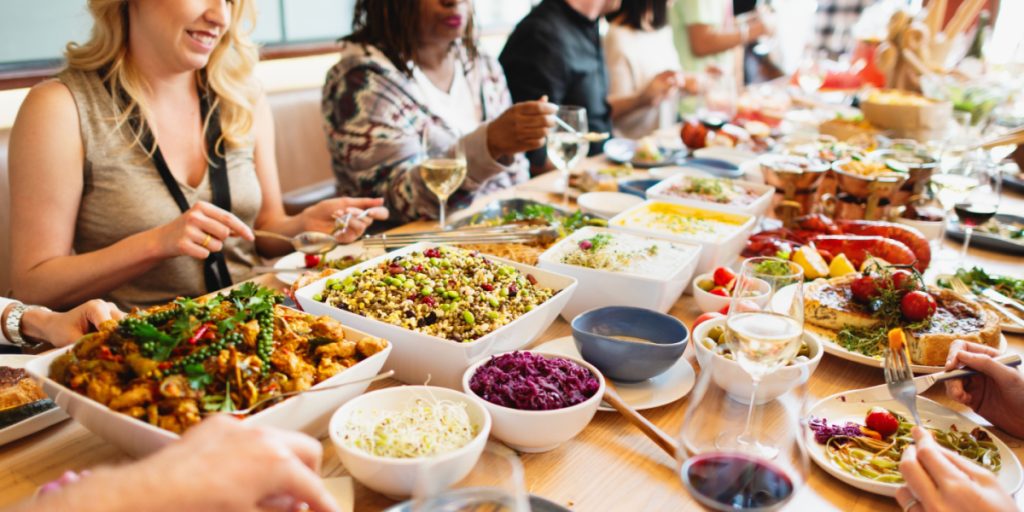
Meal size also plays a role. Ideally, have your largest meal in the middle of the day when your body is best primed for digestion.
But don’t make dinner too light, warns Gupta, being hungry can also wake you up in the night.
What Should You Eat? It’s Complicated
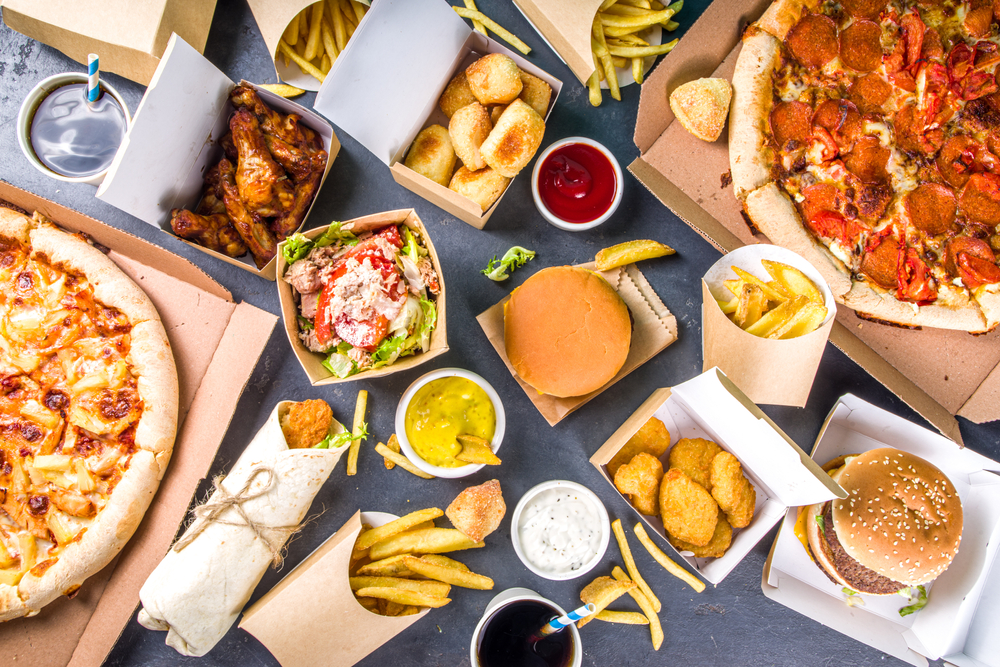
Dr Elizabeth Machan from the University of Sydney notes that there’s no magic evening meal.
While high-fat meals may leave you feeling full, they’ve also been linked to shorter sleep. The perfect bedtime plate remains elusive.
Also read
The Surprising Case for Carbs
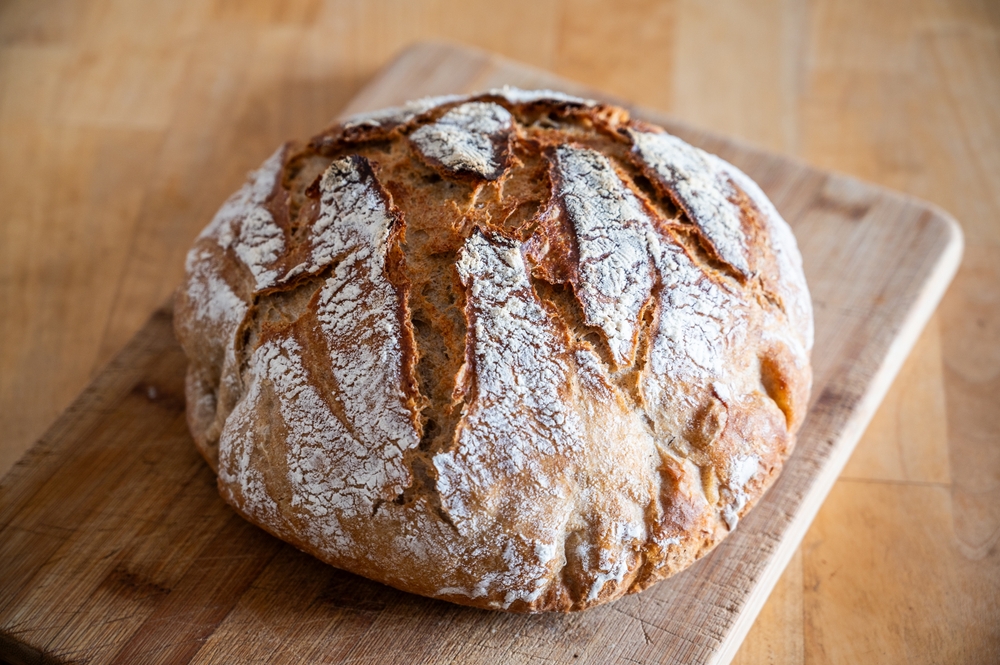
Contrary to diet trends, carbs at night might actually help you fall asleep faster. Avoiding them in the evening could leave you hungrier later, increasing the urge for late-night snacking.
Carbs could be more of a friend than a foe, at least when it comes to sleep.
Don’t Forget Your Veggies
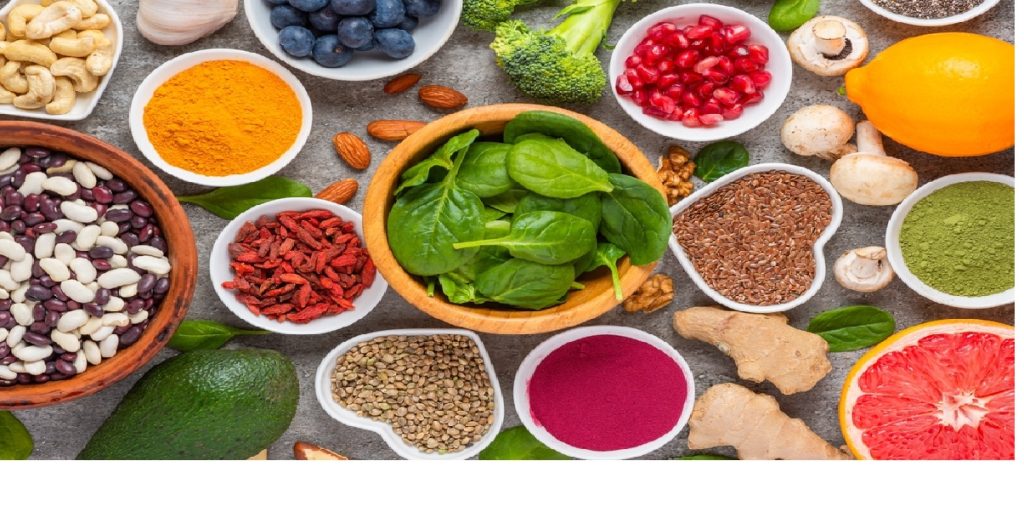
Including vegetables in your evening meal can help slow digestion and keep you feeling full longer. Machan says this extended absorption window may reduce overnight hunger pangs, leading to fewer mid-sleep interruptions.
Can Tryptophan Help? Maybe
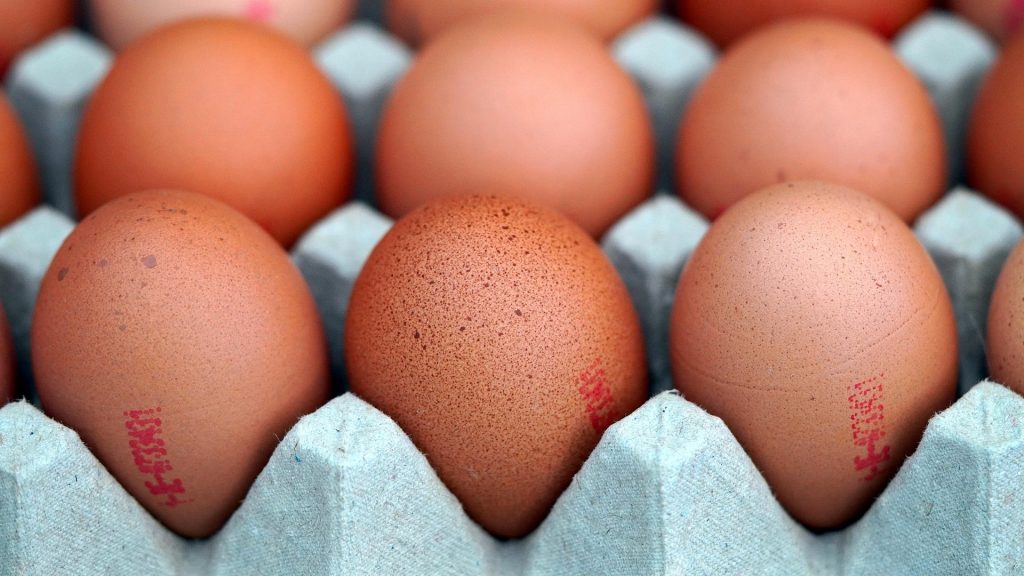
The amino acid tryptophan, found in foods like eggs, tofu, salmon, turkey, milk, and some nuts, can be converted into melatonin, the sleep hormone.
Some studies suggest this may improve sleep, but Machan remains skeptical, pointing out that light exposure is far more influential.
Also read
Light: The Real Sleep Trigger
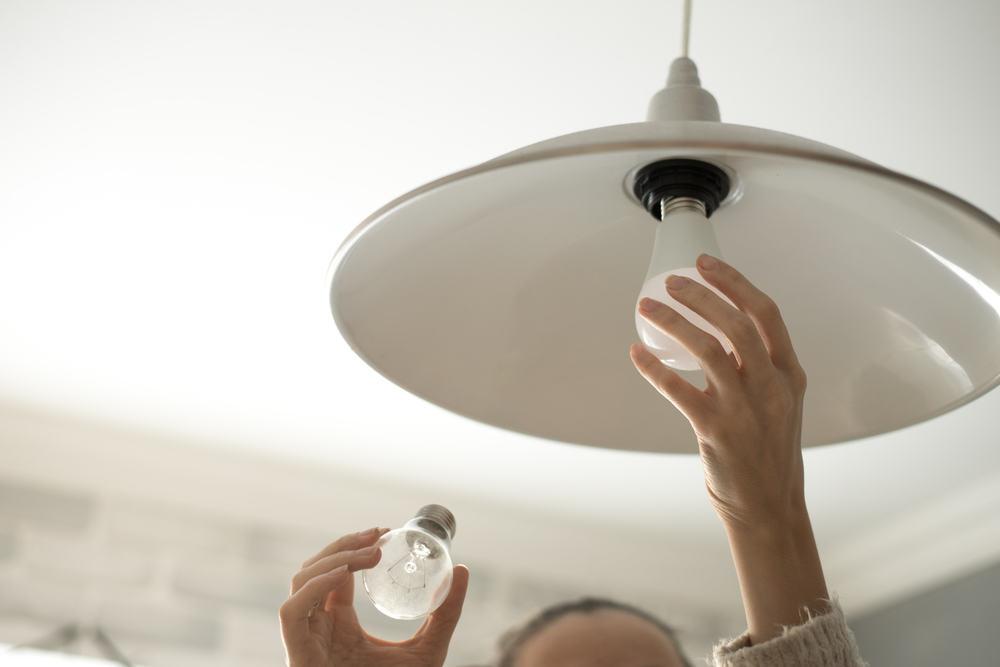
Melatonin production is suppressed by light, regardless of what you eat. If you’re in a bright environment at night, your body won’t get the signal to wind down.
A darkened space remains the most reliable trigger for melatonin and good sleep.
It’s Not Just About Food
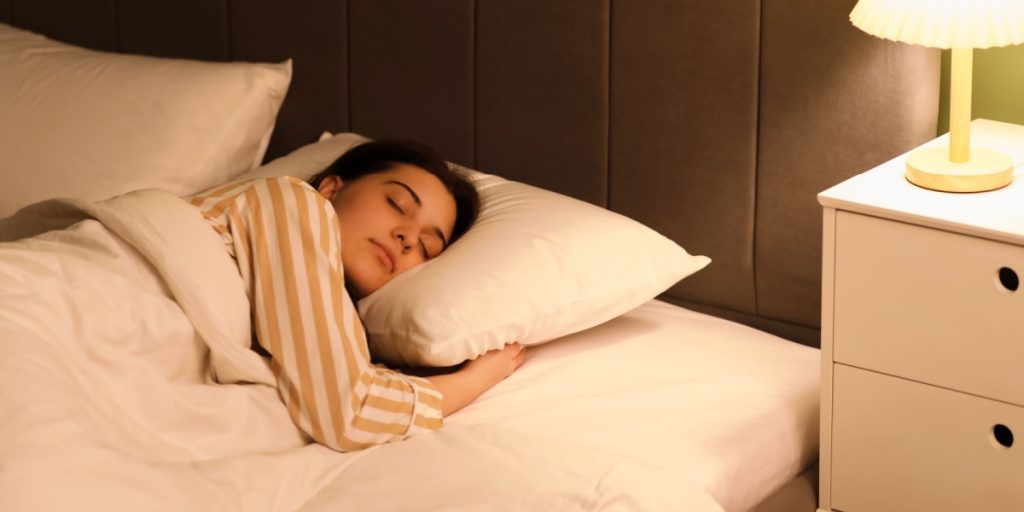
Dr Jen Walsh from the University of Western Australia highlights that poor sleep and late-night eating might be linked, but causality is unclear.
Do late meals cause bad sleep, or does bad sleep cause late meals? Ultimately, sleep, diet, and lifestyle are deeply interconnected.

